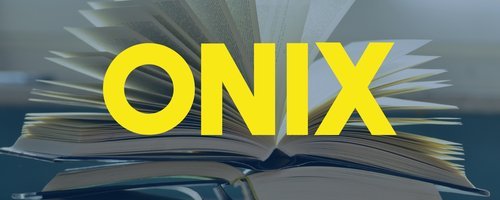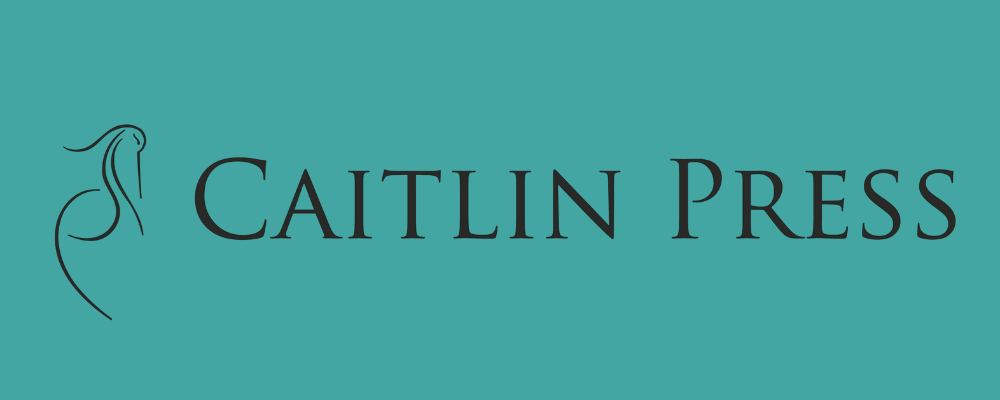For this instalment of our BiblioShare in Eight blog series, we’ve invited Andrea Glenn and Samantha London from Adaptable (formerly RipeFind) to share how they've been using BiblioShare as their go-to bibliographic data aggregator for their newly revamped tool, Adaptable.
1. What is the goal of your project?
Adaptable is designed to revolutionize the adaptation process across the entertainment and publishing industries. We connect producers with content creators, streamlining the intellectual property (IP) discovery process from A to Z.
As former TV and film literary agents, we know all too well the pain points for both publishers and producers when it comes to marketing and discovering screen rights. Our overarching goal in designing the solution has been to make creative collaboration between producers and rights holders seamless, accessible, and equitable.
2. What technologies/frameworks are you using?
Our web app is built on Node.js with a MySQL database.
3. How much effort was involved in creating Adaptable?
The project began seven years ago as a service called RipeFind (“IP that’s ripe for the picking”). At the time, neither of us had any technical background. Over a few product iterations, we engaged developers to build an app for us. Ultimately though, we couldn’t find developers who could do the work we needed on our (extremely limited) budget.
In 2022, reviewing all our options, we decided that Sam should try coding a new version from scratch. We knew the product inside and out by then and knew exactly what we wanted to build. The only problem was that Sam didn’t know how to code … yet.
Suffice it to say, an enormous amount of effort has been involved over the years!
4. What are your expectations for this project?
For publishers, we aim to seamlessly integrate into your standard marketing practices and to develop other tools that will resolve some of the pain points we know exist in many of your current operations.
5. What do you wish was available in Standards and/or technologies?
The trickiest part of working with a large dataset is handling inconsistencies. Adaptable has many lines of code devoted to cleaning up data anomalies we’ve noticed. As consumers of ONIX data, we’d consider it a great boon if there were some sort of data-cleansing layer that could tidy things up before it got to us. For example, what if AI could fix records where publishers have separated their books’ keywords with commas rather than semicolons? This is not glamorous work, but it sure seems like something the robots would excel at.
6. What was your biggest takeaway working on this project?
Perseverance. Resilience. And belief in the value of the product.
7. What was the most fun to work on?
For Sam, it has been learning to code. But for us both, it has been connecting with our users. Their feedback has been invaluable. We love nothing more than getting off a Zoom and adding to our development pipeline new features they’ve just suggested. Their engagement with the site — and with us — is fundamentally what’s kept us going all these years.
8. Most importantly, what are you reading right now?
Andrea: All Fours by Miranda July. It’s that time of life.
Sam: Trying my hand at fantasy for the first time. A huge step for a longtime literary-fiction-only girl!
A big thank you to Andrea and Sam for answering our questions!
If you would like to be featured in this series, or know someone who should be, please get in touch with the BiblioShare team.
You can read the past interviews of this series here.















Sales and library circulation data of Body, Mind & Spirit titles during the the first quarter of 2025.